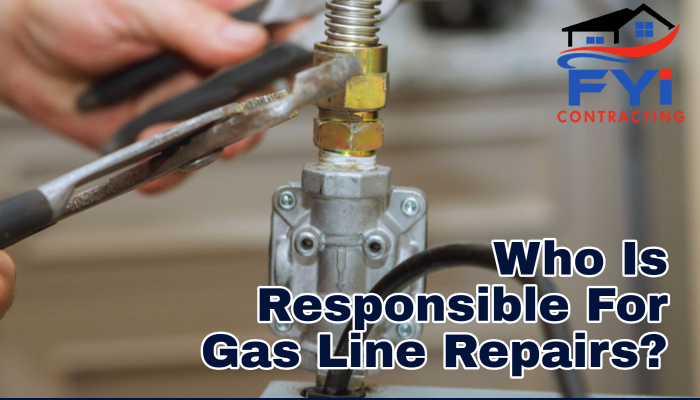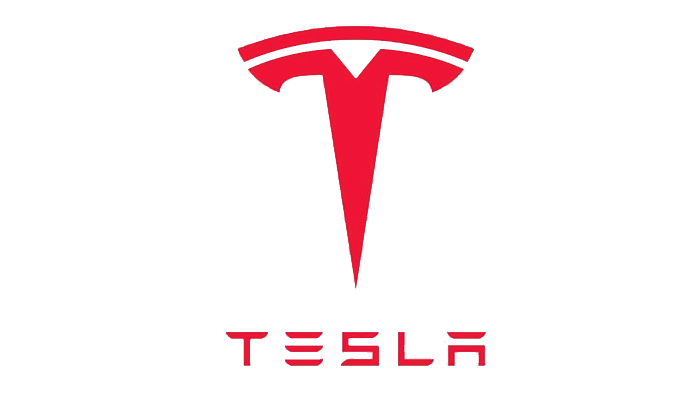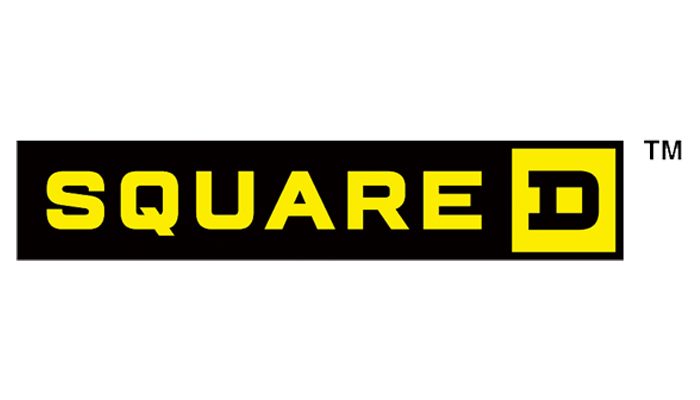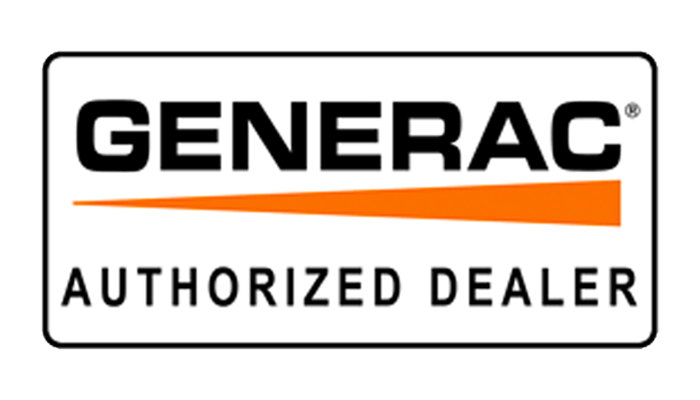Gas lines are a critical part of your home’s infrastructure, supplying natural gas to appliances like water heaters, stoves, and furnaces. However, when a gas line problem occurs—whether it’s a leak, corrosion, or another issue—it raises an important question: Who is responsible for gas line repairs? Understanding the answer to this question is essential for both homeowners and tenants to ensure safety and compliance with local regulations.
We’ll explore the different responsibilities for gas line repairs, the role of utility companies, landlords, and homeowners, and what to do if you suspect an issue with your gas line.
Homeowners vs. Utility Companies: Who Owns What?
The first thing to understand is the division of responsibility between homeowners and utility companies when it comes to gas lines. Typically, the gas line system is divided into two parts: the service line and the customer-owned lines.
1. Utility Company’s Responsibility
The utility company is generally responsible for the service line, which is the gas line that runs from the main gas supply in the street to your home’s gas meter. The gas meter is often located outside your home and serves as the point of transition from the utility company’s responsibility to yours. Any issues or repairs needed on the service line or gas meter are typically the responsibility of the utility company.
If a gas leak or problem occurs in this section of the gas system, the utility company will handle the repairs. It’s crucial to contact your utility provider immediately if you suspect an issue with this part of your gas line.
2. Homeowner’s Responsibility
Once the gas reaches the meter, all gas lines that run from the meter into the home and throughout the property are the homeowner’s responsibility. This includes gas lines that connect to appliances like furnaces, water heaters, stoves, and any outdoor appliances, such as grills or pool heaters.
Homeowners are responsible for maintaining and repairing these gas lines if they experience issues like leaks, corrosion, or blockages. Regular maintenance and inspections are essential to ensure your gas lines remain in good condition and to prevent dangerous gas leaks.
What About Tenants? Gas Line Repair Responsibilities in Rental Properties
In rental properties, the responsibility for gas line maintenance and repairs can vary depending on the terms of the lease and local regulations. However, in most cases, the landlord or property owner is responsible for ensuring that the property’s gas lines are safe and well-maintained.
Tenants should report any concerns about gas lines, such as the smell of gas or malfunctioning gas appliances, to their landlord immediately. It is the landlord’s responsibility to arrange for necessary repairs. In some cases, tenants may also be responsible for maintaining gas appliances they own, but the gas lines themselves usually fall under the landlord’s purview.
Common Gas Line Issues Homeowners Are Responsible For
As a homeowner, it’s essential to be aware of the potential issues that can affect your gas lines and know when to take action. Some of the most common gas line problems include:
- Corrosion and Rust: Gas lines, particularly older ones made of metal, are susceptible to corrosion over time. Corroded gas lines can weaken, leading to leaks and other safety hazards.
- Gas Leaks: One of the most dangerous gas line problems is a leak. Natural gas leaks pose serious risks, including fire, explosion, and health hazards. If you smell gas (a rotten egg odor) in your home, evacuate immediately and contact emergency services.
- Faulty or Loose Connections: Gas lines connect to appliances, and over time, these connections can loosen or deteriorate, causing gas to escape. Regular inspections can help identify and fix faulty connections before they become major problems.
- Cracked or Broken Gas Lines: Cracks or breaks in gas lines can occur due to shifting soil, construction work, or simple wear and tear. Cracked lines must be repaired or replaced by a licensed professional as soon as possible.
How to Know If You Have a Gas Line Issue
Gas line issues can be dangerous, so it’s important to be aware of the warning signs. Here are a few indicators that you may have a gas line problem that needs to be addressed:
- Rotten Egg Smell: Utility companies add an odorant called mercaptan to natural gas to make it easier to detect leaks. If you notice a sulfur-like or rotten egg smell in your home, it could indicate a gas leak.
- Hissing Sounds: A hissing or whistling sound near your gas appliances or gas lines could be a sign that gas is escaping through a leak.
- Dead or Dying Vegetation: If you notice patches of dead grass, plants, or vegetation near your gas lines, it could indicate an underground leak.
- Increased Gas Bills: A sudden spike in your gas bill without an increase in usage could be a sign of a leak, which is causing more gas to be used inefficiently.
- Appliance Malfunctions: If gas-powered appliances aren’t working properly, such as difficulty igniting or inconsistent performance, a gas line problem could be the cause.
What to Do if You Suspect a Gas Line Issue
If you suspect a gas line issue, it’s crucial to take immediate action to protect yourself and your home. Here’s what you should do:
- Turn Off the Gas Supply: Locate your gas shut-off valve and turn it off to stop the flow of gas into your home.
- Evacuate the Area: If you smell gas or suspect a leak, leave the house immediately. Do not use electrical devices, light switches, or open flames, as these could ignite the gas.
- Call Emergency Services or the Utility Company: Contact your gas utility provider or emergency services from a safe location. They can help determine if there is a gas leak and take appropriate action.
- Schedule Professional Repairs: Once the immediate danger has been addressed, contact a licensed professional to inspect your gas lines and perform any necessary repairs.
The Role of a Licensed Professional in Gas Line Repairs
Whether you’re a homeowner, tenant, or landlord, gas line repairs should always be handled by a licensed and certified professional. At FYI Contracting, we specialize in gas line repair services and can ensure that your home’s gas lines are safe, functional, and up to code.
Our experienced technicians can assess the condition of your gas lines, detect leaks, repair damaged sections, and replace faulty connections. We follow all local codes and safety regulations to provide peace of mind and ensure the safety of your home.
Preventative Maintenance for Homeowners
To minimize the risk of gas line issues, it’s important to schedule regular maintenance and inspections for your gas system. A professional technician can check for signs of wear and tear, corrosion, and potential leaks, allowing you to address issues before they become serious problems. Preventative maintenance can also extend the lifespan of your gas lines and appliances.
Conclusion: Understanding Gas Line Repair Responsibilities
In summary, homeowners are responsible for gas line repairs inside the home, while utility companies handle repairs up to the meter. Tenants should report gas line concerns to landlords, who are typically responsible for arranging repairs. If you suspect an issue with your gas lines, contact a licensed professional like FYI Contracting for prompt and reliable service.
At FYI Contracting, we offer comprehensive gas line repair and maintenance services to keep your home safe. Contact us today to schedule an inspection or repair and ensure your gas system is operating efficiently and securely.










